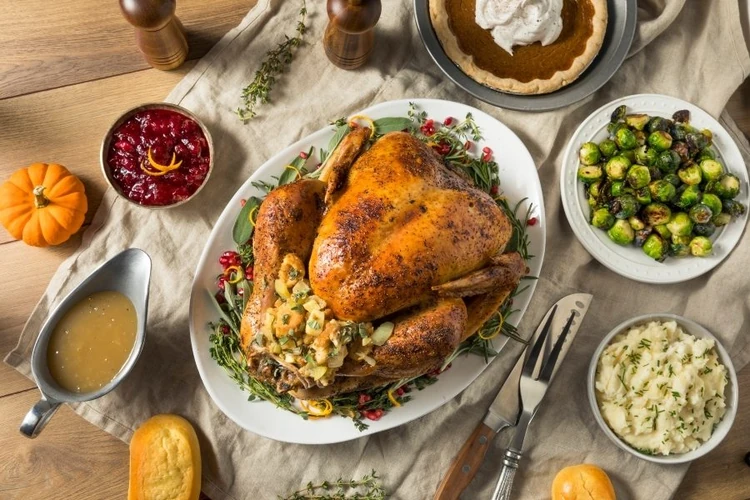If your Thanksgiving dinner requires a turkey, you better move fast on getting one or else. Actually two “elses” – one, the U.S. Department of Agriculture (USDA) says turkey is “light” in availability and, two, because of that, the price is climbing upward quickly.
The supply of turkey has been slim for a while, mostly because producers cut back in 2019 when turkey prices plummeted, then the pandemic hit, and they cut back even further. Matters were made worse when the avian flu found its way into the barnyard. So far, the flu has killed more than 7 million Toms.
“I’ve never seen anything as crazy as the turkey market right now,” Greg Gunthorp, who raises turkeys in northeast Indiana told the New York Times.
Fearing that the flu could cause further damage to his brood, he butchered turkeys over the summer and froze them. Now, instead of his usual 7,000 fresh birds, he produced about 4,000 frozen ones.
“I tell people if they are not going to buy one of our turkeys, if they see one in the store they better pick it up and put it in the freezer,” he said.
How bad is this?
Foodmarket.com’s tracking of the situation claims that every side of the turkey market is being stretched thin – not just grocers, but restaurants, and delis, too.
Arby’s is going as far as warning customers that turkey sandwiches aren’t available for online ordering, and some Arby’s locations have posted “temporarily out of stock” on menu boards, Foodmarket reported.
As far as prices go, ConsumerAffairs research found consumer-side turkey prices are anywhere from 84% to 112% higher than they were a year ago. At Kroger, we saw Honeysuckle White Frozen Young Turkey (16-20 lb) at $1.89/lb. At Walmart, Butterball Farm-to-Family Frozen Young Turkey, No Antibiotics, is going for $2.09 a pound.
Fresh turkey lovers are getting a wake-up call, too. Foodmarket reports that the chances of finding a certain size and type of bird at a decent price, which account for about a third of Thanksgiving sales, are particularly problematic for those shoppers.
If tradition holds true where nearly 80% of all fresh whole turkeys are sold in November, coupled with the persistent threat of avian flu, getting a turkey now and freezing it could be a very smart move.
